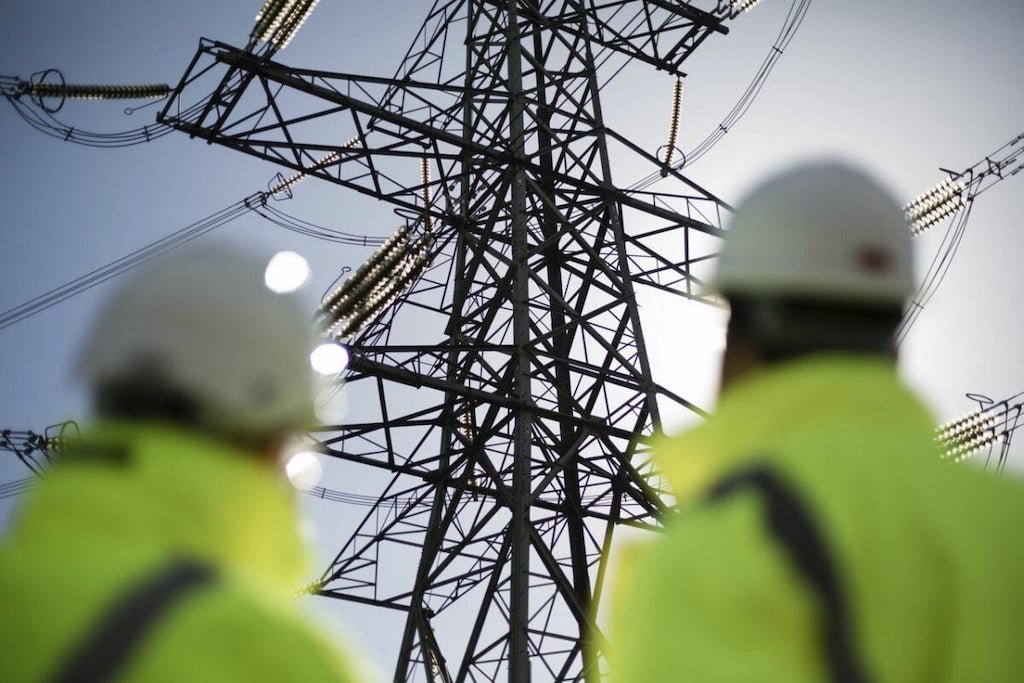Slow grid connections threaten UK’s 2035 target for decarbonising energy
A new report published by the now dissolved Environmental Audit Committee concludes that many planned renewable energy projects are being hampered by persistent problems accessing the electricity grid. These include slow connections, limited capacity, inappropriate planning regulations and market uncertainty.
Critically for the transport sector, decarbonising the energy system underpins the government’s strategy to decarbonise transport. While electric vehicles remove tailpipe emissions, transport will only be decarbonised when the energy that drives the electric vehicles is itself decarbonised.
Although Parliamentary committees cease to exist once an election is called, the Environmental Audit Committee’s remit has been to consider the extent to which the policies and programmes of government departments and non-departmental public bodies contribute to environmental protection and sustainable development, and to audit their performance against sustainable development and environmental protection targets.
In the final report of the current Environmental Audit Committee, it concluded that projects being unable to access the grid are making the Government’s 2035 target of decarbonising the energy system harder, even though the current queue to connect to the grid contains more than twice the amount of generation required.
The report outlines how efforts by Ofgem and the Electricity System Operator (ESO) to speed up the system by requiring projects to meet key ‘milestones’ have not yet reduced the length of the connection queue.
In response, the Committee has recommended that government and Ofgem actively monitor and streamline initiatives designed to deliver grid connections faster. In particular, it recommends that Ofgem review its milestone queue reforms, with a focus on advancing demonstrably ready projects to the front of the queue.
Environmental Audit Committee Chair, Philip Dunne MP, said, “The government’s commitment to decarbonising Great Britain’s electricity grid fully by 2035 – increasing capacity by 250% in little over a decade – is one of the most ambitious undertakings by any peacetime government. We have seen no evidence that it is achievable any earlier.
“It is beyond question that this project, around which there is a broad consensus, will require an unprecedented level of planning and coordination across government, as well as significant private investment."
The report also finds that the planning system risks being a “bottleneck” to the rollout of energy infrastructure, as local authorities often lack the resources or in-house knowledge to accelerate clean energy projects. It recommends the government develop a plan to ensure local authorities have the personnel and expertise they need to reach planning decisions quickly while engaging with local communities.
Dunne added, “Immediately after the general election, the government must address these concerns as a priority, and set out clearly how it will balance achieving net zero goals with delivery of a secure energy supply.”

